Voices and chants coincided with one another, as fists were raised in a rhythmic pulse that flowed throughout a crowd on the streets of downtown Los Angeles. Bystanders watched from the surrounding homes and businesses as people waved signs and Mexican flags. One of the many protestors was a young woman named after America itself, and fighting for her right to stay.
On Monday, Sept. 5, U.S. President Donald Trump made an executive order to end the Deferred Action for Childhood Arrivals (DACA) program. The DACA program assisted people like 22-year-old Journalism major America Castillo, brought here by illegal immigrants as young children. Castillo is one of about 260 DACA beneficiaries at Moorpark College with uncertain futures, according to student success and support supervisor Jesus Vega.
DACA gave these young people the chance to obtain driver’s licenses and social security numbers, which in turn allowed them to get jobs with benefits and avoid the risk of deportation. For many, it finally seemed as though they were able to make choices for themselves for the first time in their lives.
Moorpark College has clarified that our school district stands behind those being effected by the ending of DACA. The district has stated that not only will students still be eligible for financial aid through the California Dream Act, but that their personal information will not be shared for purposes of immigration enforcement.
“Ventura County Community College District (VCCCD) provides students, in its diverse community, with access to comprehensive quality educational opportunities that support student learning and student success,” stated Chancellor Greg Gillespie in a letter sent to faculty, staff and DACA beneficiaries.
There were a number of requirements people had to meet in order to be a beneficiary of DACA, such as entering the U.S. before a certain date and receiving a full background check. These requirements had to be met every two years, when the participant would pay $465 to reapply for the program.
For many like Castillo, the end of the program has made them fearful for what is to come, but not completely hopeless. DACA was the first chance at freedom that this country had truly ever allowed them to have. Born in Puebla, Mexico, Castillo traveled illegally to the U.S. when she was only four years old.
“I didn’t even know what I was doing was illegal,” said Castillo. “I don’t even remember it, I don’t remember the process of it.”
Castillo’s mother had already entered the U.S., and was insistent that her daughter join her. Although it was for Castillo’s best interest, she felt slight exasperation towards the decision she had no say in. She could not understand why her mother would want to bring her to a country that did not seem to want her, where she could never follow her dreams or passions because of her immigration status. Yet, under DACA, Castillo was given an identity and the ticket she had always needed yet never thought she would receive.
Growing up, Castillo was always very silent about her immigration status. She never shared the information with anyone, even most of her closest friends. When she did tell some of the people she trusted the most, they were quite surprised. Not only because Castillo had been keeping such a heavy secret, but because of how naturally she seemed to fit in.
“They were just so shocked,” said Castillo. “They said, ‘You’re just so normal!’”
For so many young U.S. citizens, this is the only country they have ever really known. This sometimes allows for certain freedoms to be taken for granted. Although Castillo is most familiar with the customs of this country, she has stayed informed on the freedoms, or lack-thereof, granted by the government in her birthplace.
“Just reading about what’s happening in Mexico right now, they don’t have the freedom of speech like we do here,” said Castillo. “You try to protest out there, and they will kill you.”
Castillo has been working as many as three jobs at a time in order to pay for her tuition here at Moorpark College, and is nearing the completion of her AA in Journalism. She will be continuing with her degree at Santa Monica College in the spring. As a member of the President’s Leadership Forum last year, Castillo had a personal connection with Luis Sanchez, President of Moorpark College.
“In my opinion, America is aptly named, as she represents this nation of immigrants well,” said Sanchez. “I hope that Congress will act speedily to ensure the safe futures of our DACA students and our Dreamers.”
Castillo has never returned to Mexico since traveling to the U.S., however she does have a strong interest in exploring this country, the only one she has ever known.
“Every year, I try to take a trip to at least one state, just to get to know it,” said Castillo. “I fall in love with it.”
Her patriotism is very clear to see, even if she is not a natural-born citizen. After the President announced the order, Castillo finally felt the courage to speak up about her status as a DACA beneficiary, reaching out on Facebook to everyone she knew so that the message could be further spread.
Castillo’s spirit is driven by the burning desire to expand on her education, create a stable environment for herself and her family, and to live a life of freedom. She wishes to not only empower those in the same situation as herself, but to let others know that the people being affected by the end of DACA are people just like her.
“I know that the U.S. is going crazy right now, but I have hope,” said Castillo. “I know that it’s going to get better.”
It is one matter to be thought of as an illegal alien in the only place you’ve ever known, yet it is another matter to consider that you may be forced to return to a place that is completely unfamiliar to you, simply because it was where you were born.
According to U.S. Citizenship and Immigration Services, roughly 800,000 people have been DACA recipients. This many people will now be facing the issue of this change- people who have a clean criminal record and background check, have lived in the U.S. for at least ten years, and either are currently in school or have graduated with a minimum of a GED. After the announcement of the end of the DACA program, all that can be done is to hope another program will be put in place to support these young people until it is possible for them to become accepted in American society equally.
“I can have big dreams, and I can make these dreams happen,” said Castillo. “That’s really what America’s all about.”

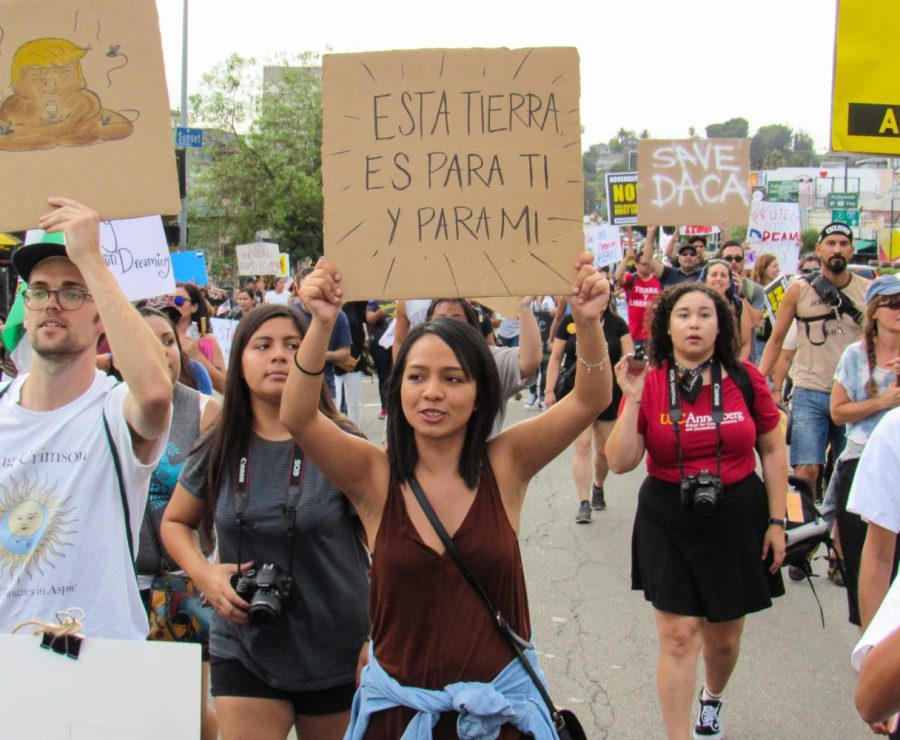
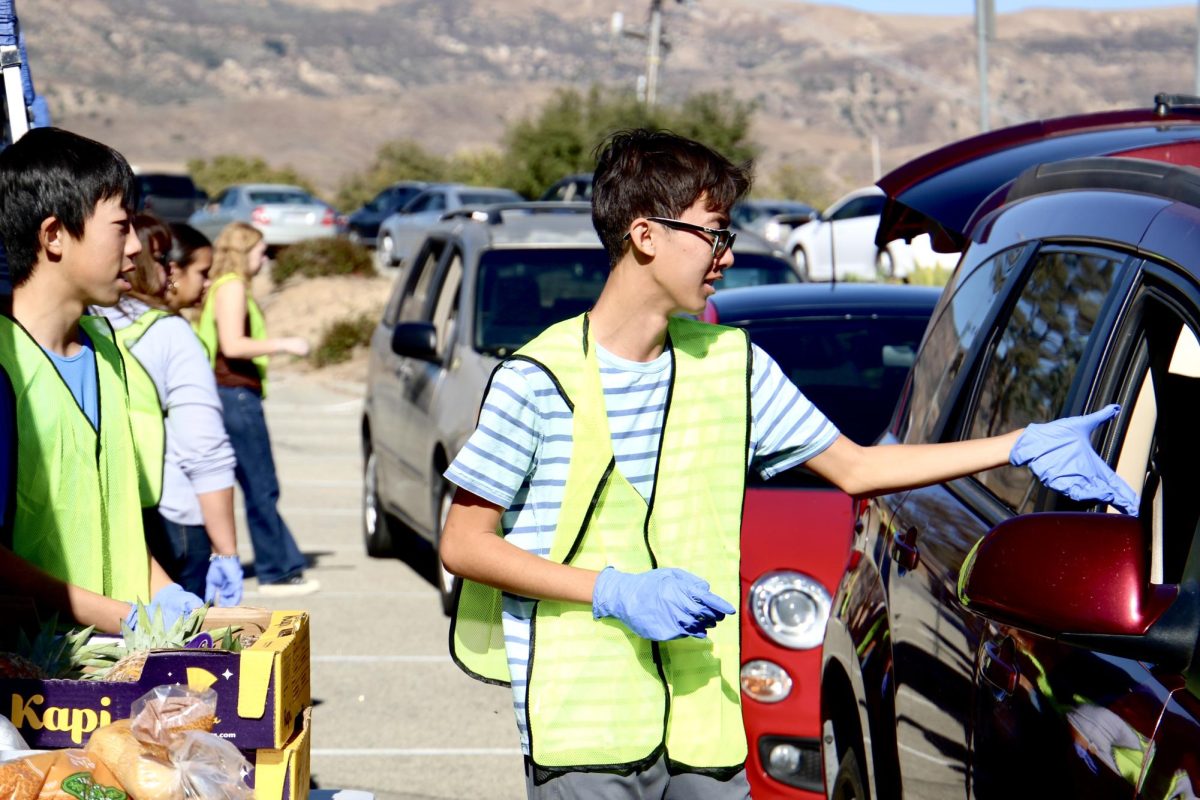
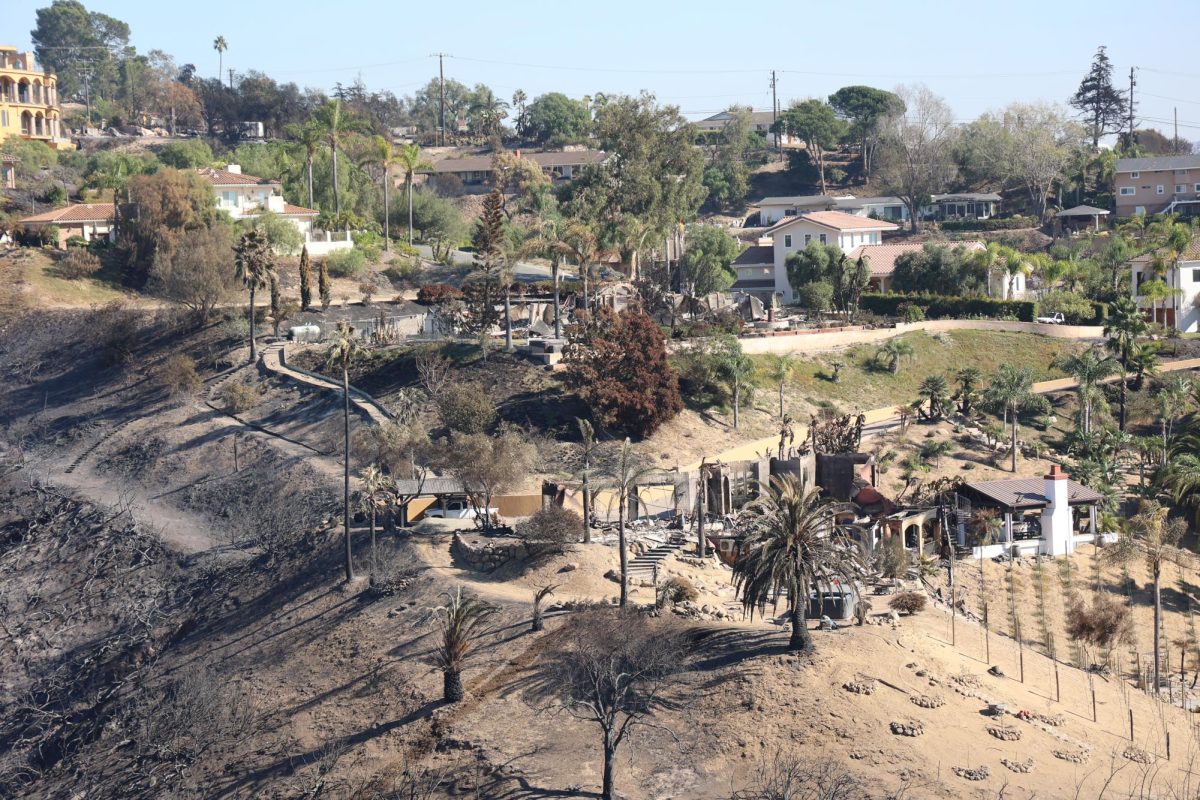



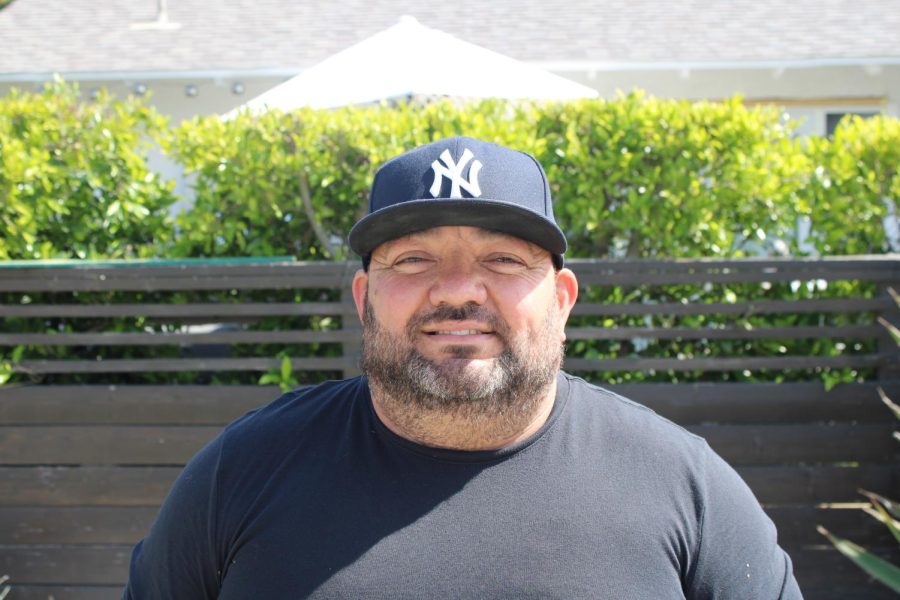






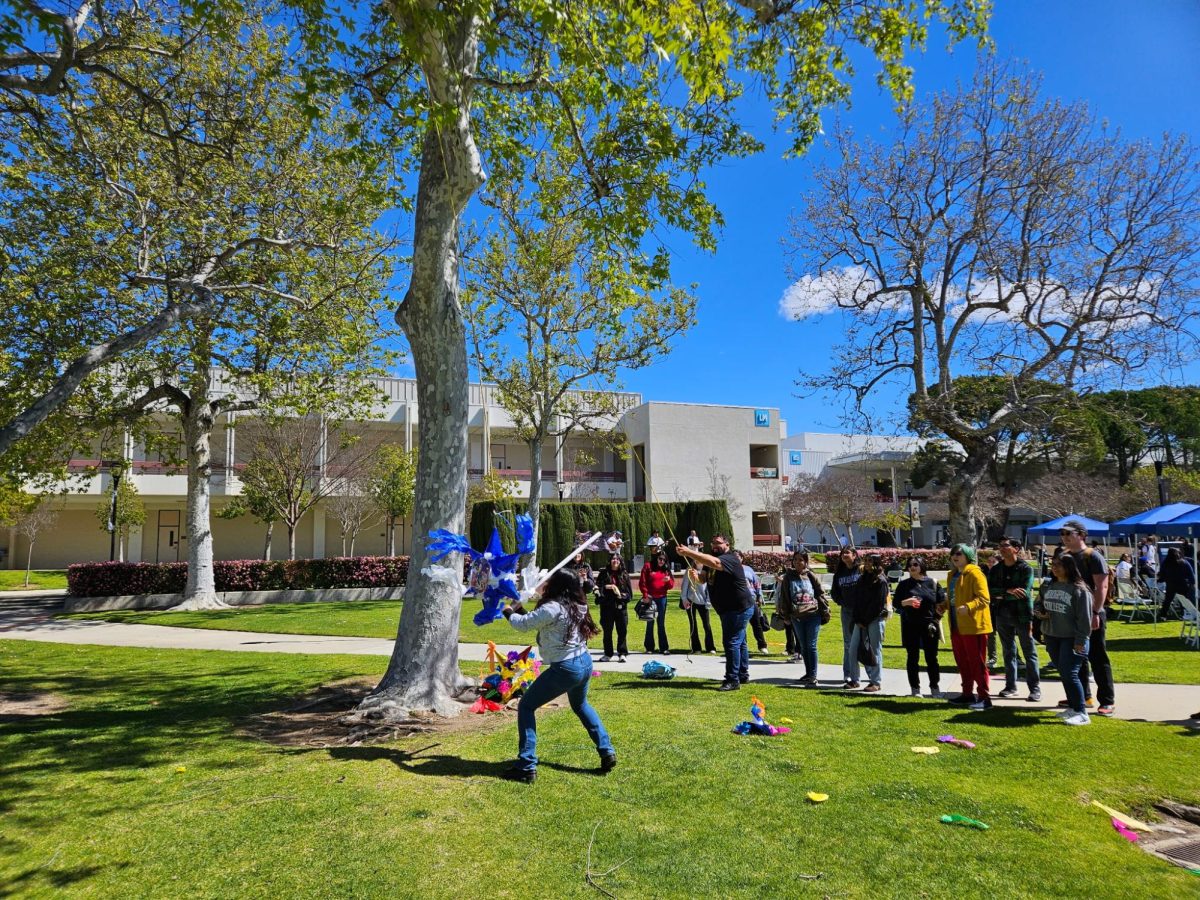
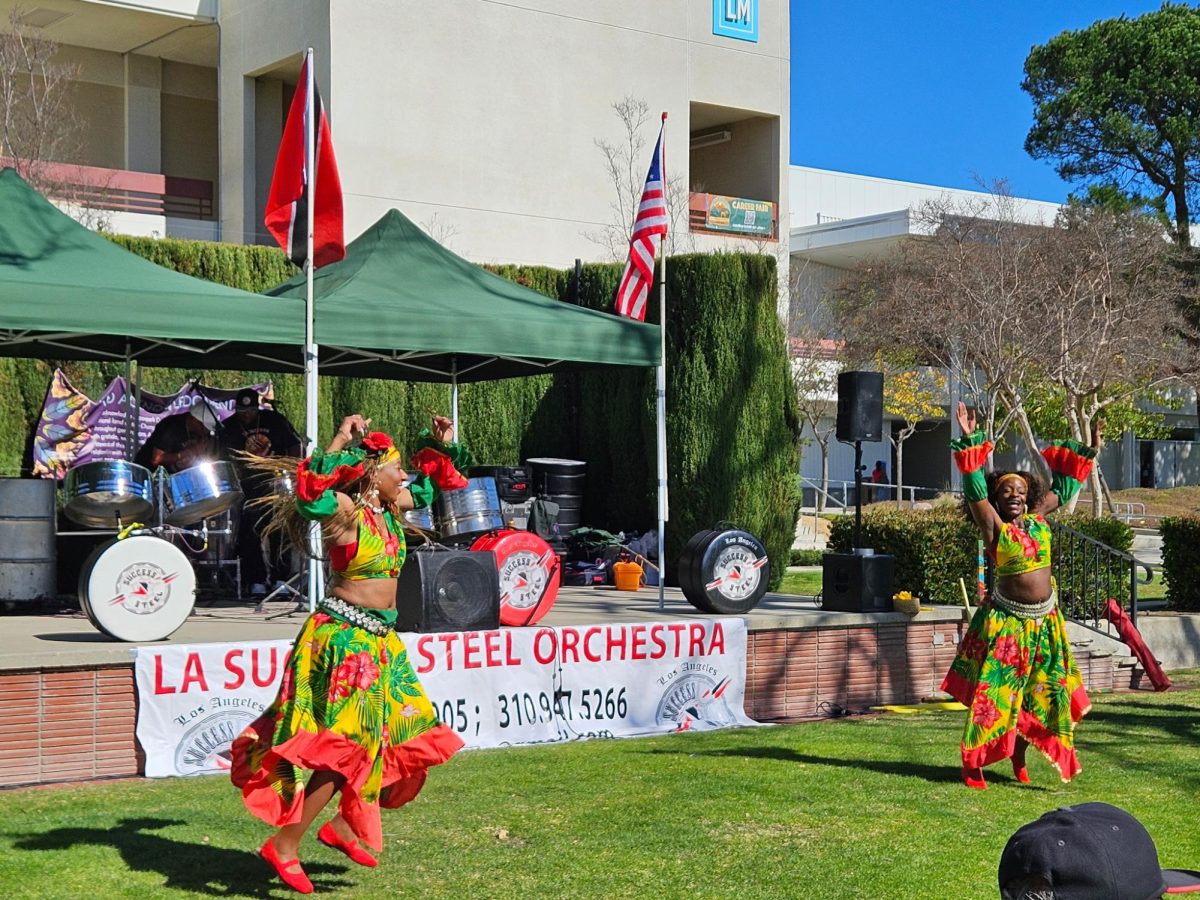
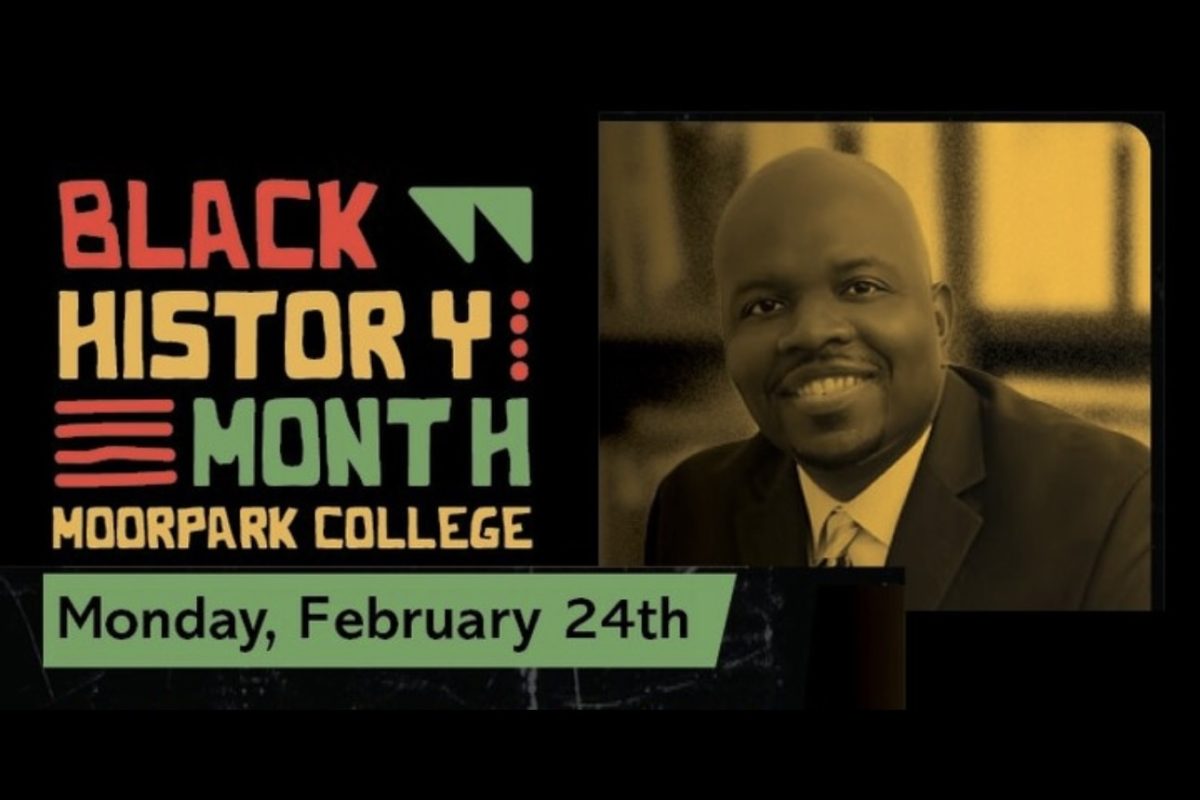

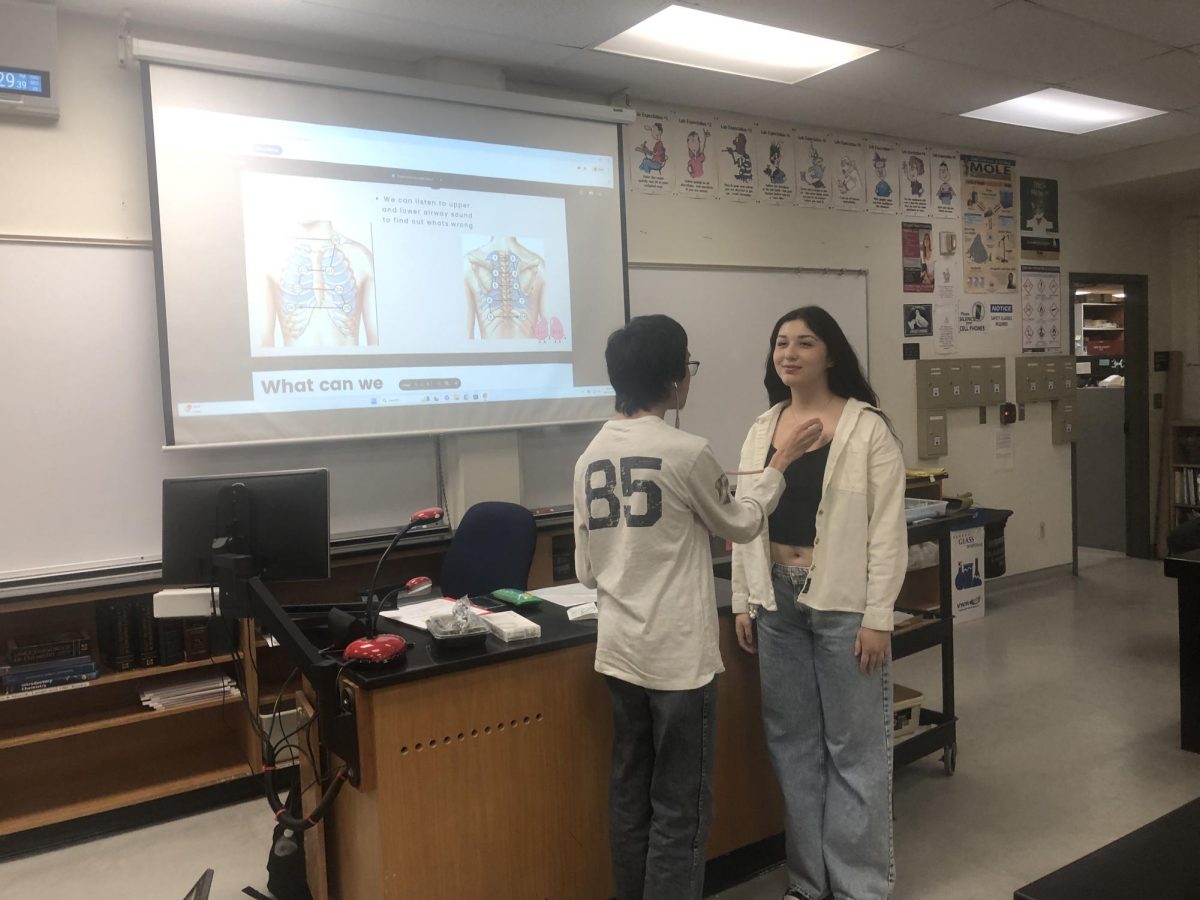
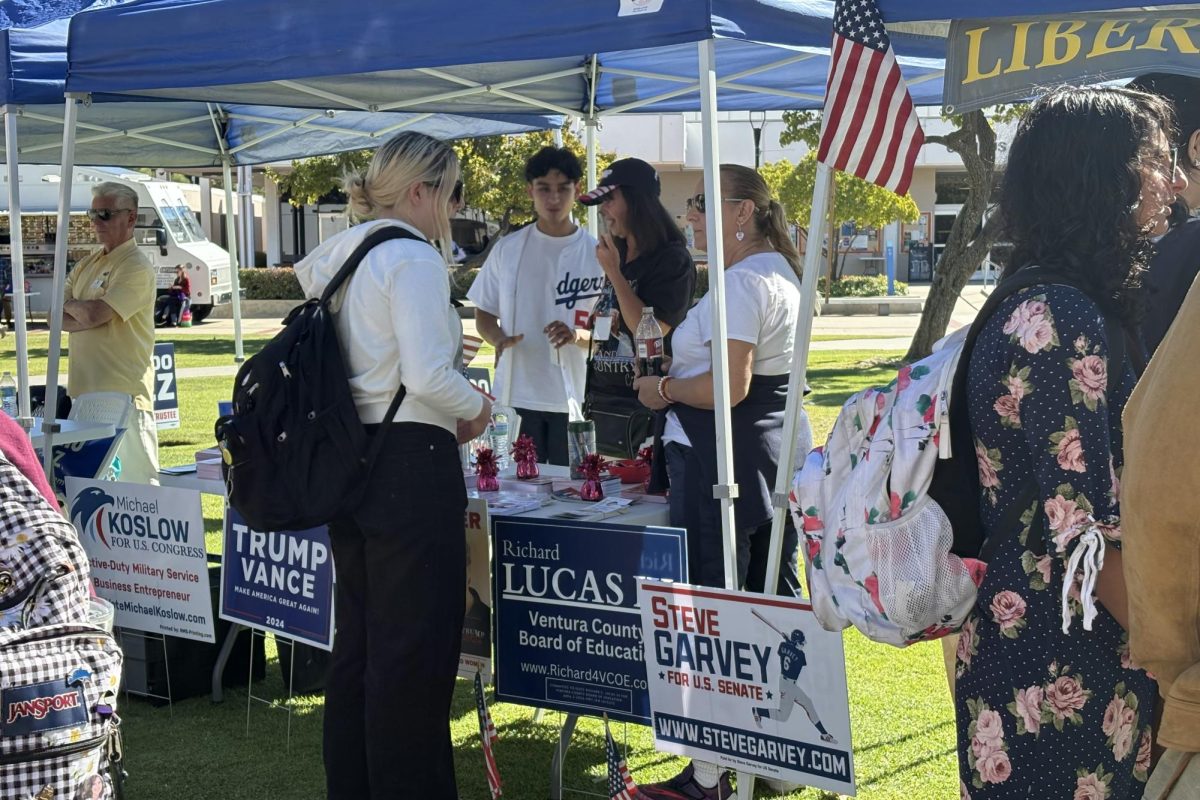
Karla Biehl • Sep 24, 2017 at 3 -07:00.09.
Great article!!!!!!!!!! <3 <3